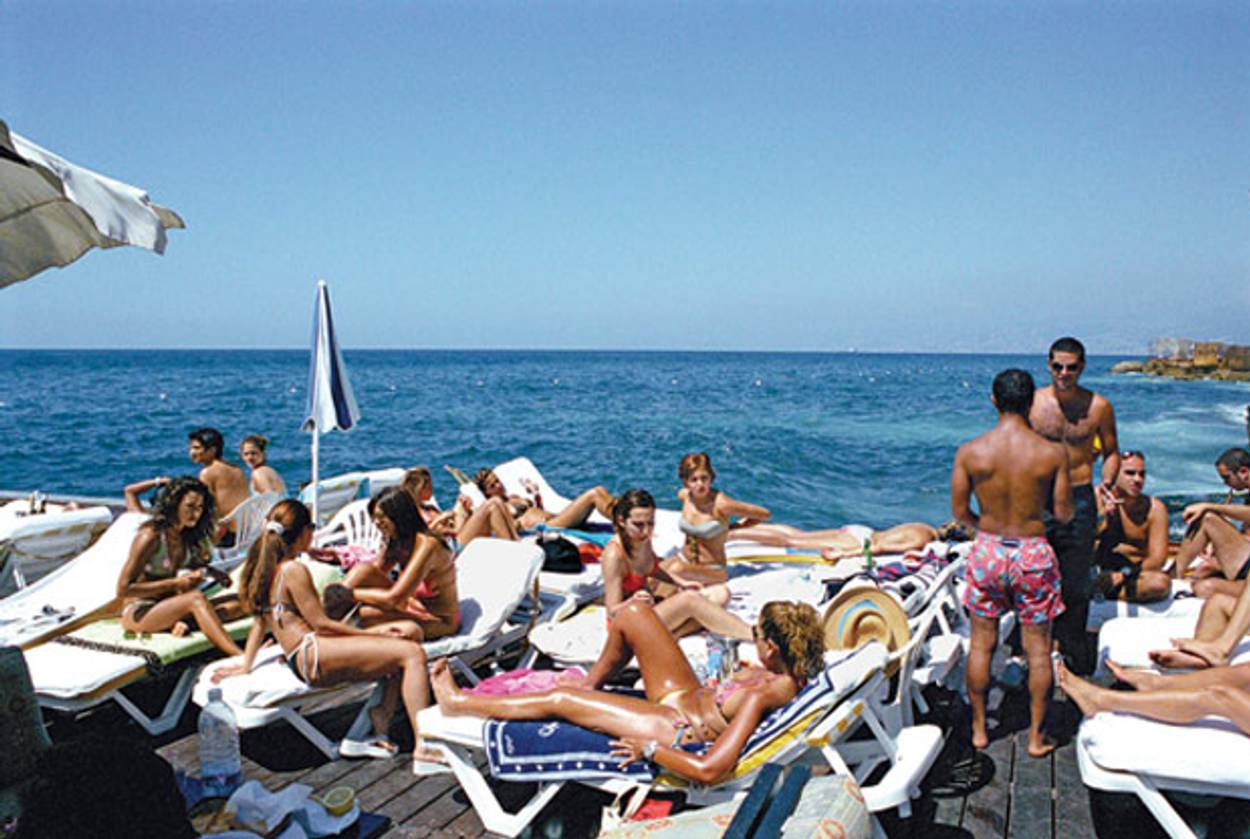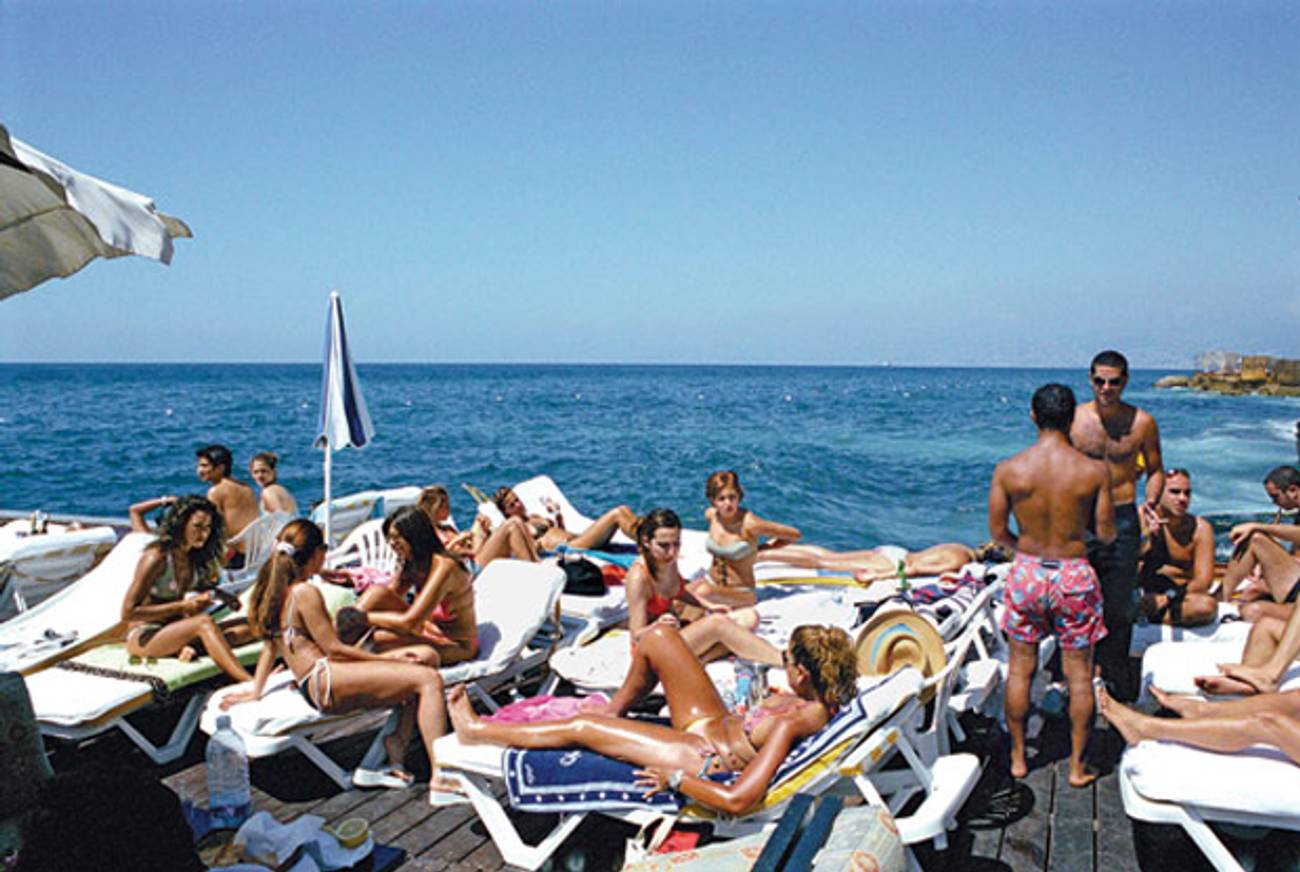‘New York’ Does Beirut, With Disastrous Results
Hezbollah’s Hassan Nasrallah is more than a ‘mover and shaker’




Every now and then, New York magazine runs a segment called “The Urbanist” that instructs readers how to pursue the same empty pleasures and fleeting vanities to which the magazine is so staunchly dedicated in other cities around the world. This month’s flavor is Beirut, and the wise men of New York dedicated a sidebar to the Middle Eastern capital’s “movers, shakers, and deal-makers.” They include two “Princesses of Pop;” Hassan Nasrallah, the leader of Hezbollah; a cool young filmmaker; and the fashion designer who made Mila Kunis’ Oscar dress last year. These are the people you need to … wait, Hassan Nasrallah?
One, of course, hardly looks to New York as the paragon of morally serious reporting; last week’s cover story, for example, was an analysis of Facebook written by Henry Blodget, the disgraced Merrill Lynch analyst whose practices of lying to the public were so craven that he was banned from the securities industry for life. And yet, even the shallow end of the pool has to abide by the rules, and the inclusion of an arch-terrorist like Nasrallah in a list otherwise dominated by singers, designers, and filmmakers is maddening—mainly because New York never calls him that. Instead, Nasrallah is described as “the most powerful political figure in Lebanon” and as “the leader of the Shiite militant group and political party Hezbollah.” Call them political, call them militant, just don’t call them late for dinner!
I realize that such matters aren’t as important as the magazine’s usual preoccupations, such as a recipe for olive-oil poached bluefish crostini or word about the hottest new trends in manicures. But common sense and the U.S. Department of State both consider Hezbollah to be a terrorist organization. And while New York is largely correct to attribute Nasrallah’s power to his parliamentary influence, there’s also the minor trifle about his very likely being the one behind the 2005 assassination of former Prime Minister Rafik Hariri, an act of violence that disturbed the delicate balance that is Lebanon’s political system. Oh, and there’s the minor thingie about the war Nasrallah started when his men killed three Israeli soldiers and kidnapped two in the summer of 2006, a war that cost more than a thousand Lebanese civilians their lives.
The rest of the feature is similarly complacent. The answer to the question, “Christian or Muslim?” is “It’s complicated,” as though it were a long-distance relationship on Facebook. It notes that “while there is a vibrant gay subculture, homosexual activity is technically illegal” and that “travelers with Israeli stamps in their passports (or even so much as a Jewish-sounding last name) can still be arrested and detained.” So, Beirut is awesome if you’re straight and Christian. Good to know.
Beirut is probably an awesome place to visit—I’d jump at the unlikely chance. But if New York wants to sell it with reference to international politics, it might consider approaching the topic seriously and accurately. Otherwise, back to piffles we go.
The Urbanist’s Beirut [NY Mag]
Liel Leibovitz is editor-at-large for Tablet Magazine and a host of its weekly culture podcast Unorthodox and daily Talmud podcast Take One. He is the editor of Zionism: The Tablet Guide.